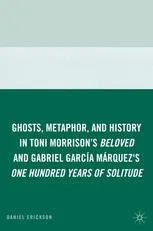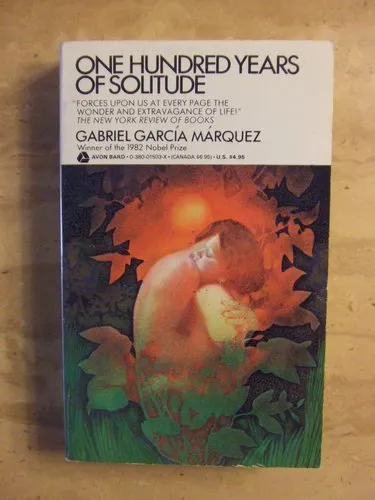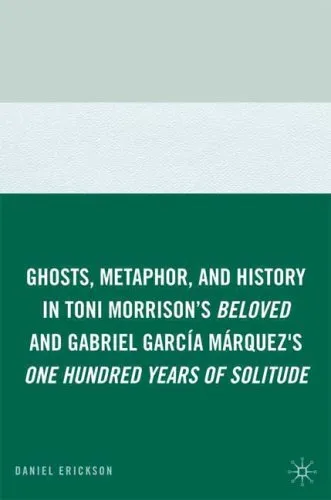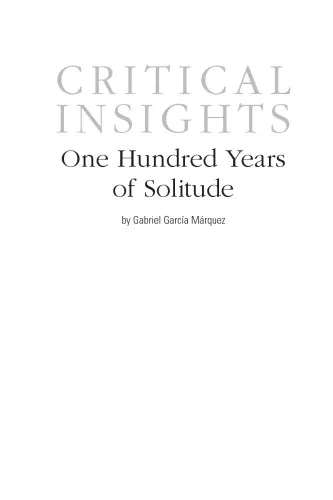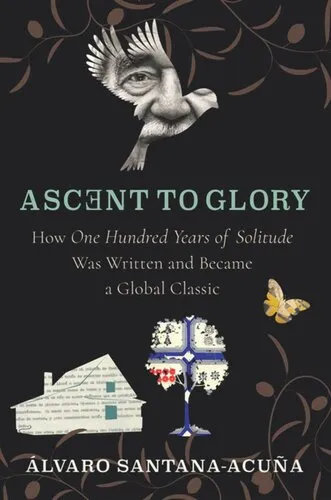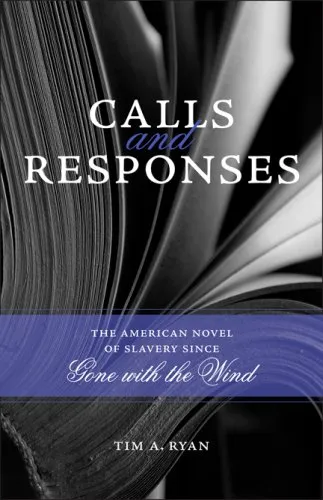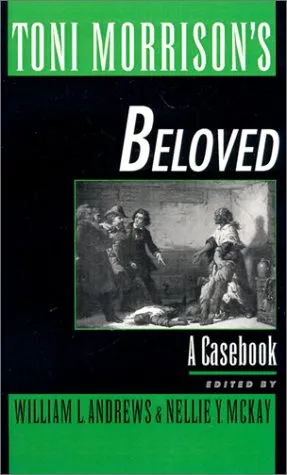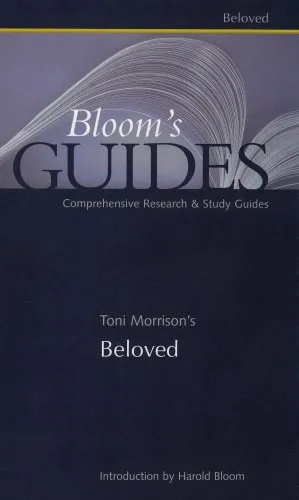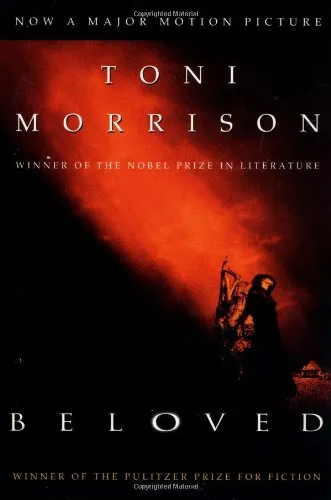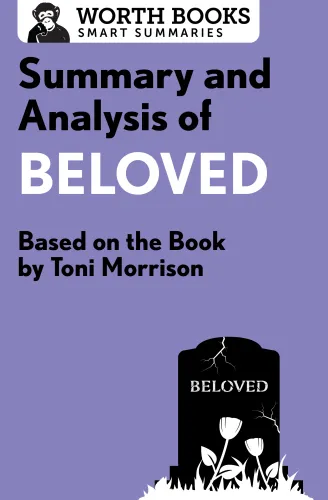Ghosts, Metaphor, and History in Toni Morrison’s Beloved and Gabriel García Márquez’s One Hundred Years of Solitude
3.8
Reviews from our users

You Can Ask your questions from this book's AI after Login
Each download or ask from book AI costs 2 points. To earn more free points, please visit the Points Guide Page and complete some valuable actions.Related Refrences:
Persian Summary
Welcome to a profound exploration of two seminal literary works that have captivated readers and scholars alike. "Ghosts, Metaphor, and History in Toni Morrison’s Beloved and Gabriel García Márquez’s One Hundred Years of Solitude" offers an insightful analysis into how these novels use ghostly presences and metaphoric language to delve into the complexities of history, memory, and identity. This intellectually stimulating book invites readers to venture into the depths of narrative construction and thematic intricacies set forth by two literary giants: Toni Morrison and Gabriel García Márquez.
Detailed Summary of the Book
In "Ghosts, Metaphor, and History," Daniel Erickson intricately weaves a comparative analysis of Morrison's "Beloved" and Márquez's "One Hundred Years of Solitude." The book scrutinizes how each novel employs the supernatural and metaphor as pivotal tools for confronting and representing historical traumas specific to different cultural contexts—the African American experience in Morrison's narrative and Latin American collective memory in Márquez's. Erickson dissects how the spectral and the surreal operate not just as narrative devices but as crucial means for excavating hidden histories and submerged memories.
The book underscores the function of ghosts in both novels as symbolic embodiments of the past that refuse to be silenced. In "Beloved," the ghost of Sethe’s daughter serves as a haunting reminder of slavery's enduring scars, while in "One Hundred Years of Solitude," the apparitions and surreal occurrences reflect the cyclical nature of time and history in the mythical town of Macondo. Erickson eloquently argues that Morrison and Márquez illuminate how personal and collective histories are inextricably linked, using the ethereal to address the unspoken realities of oppression and resistance.
Key Takeaways
- Ghosts serve as pivotal narrative devices that engage with and challenge the historical and social contexts within both novels.
- Through metaphorical language, both Morrison and Márquez delve into themes of memory, identity, and cultural heritage.
- The novels reveal how personal stories and collective histories intertwine and inform one another, shaping contemporary understandings of past traumas.
- Erickson highlights the authors’ shared ability to address complex themes of identity and history while foregrounding marginalized voices and perspectives.
Famous Quotes from the Book
"In both Morrison and Márquez’s narratives, ghosts are not merely indicators of past events, but active agents reminding characters and readers alike that history’s shadows are ever-present." — Daniel Erickson
"Metaphors transform the narrative space into a place where the unspeakable can be spoken, where memory is liberated from the constraints of linear time." — Daniel Erickson
Why This Book Matters
"Ghosts, Metaphor, and History" is an essential contribution to literary criticism and postcolonial studies. Erickson’s work is not only significant for fans and scholars of Morrison and Márquez but also for those interested in how literature serves as a vehicle for exploring complex cultural dynamics and historical discourse.
By examining two masterpieces through the lens of the supernatural and metaphorical, Erickson provides a fresh perspective on how literary art can confront personal and communal pasts. This book stands as a testament to the transformative power of storytelling, urging readers to recognize the spectral narratives that linger in their own histories and communities.
Free Direct Download
You Can Download this book after Login
Accessing books through legal platforms and public libraries not only supports the rights of authors and publishers but also contributes to the sustainability of reading culture. Before downloading, please take a moment to consider these options.
Find this book on other platforms:
WorldCat helps you find books in libraries worldwide.
See ratings, reviews, and discussions on Goodreads.
Find and buy rare or used books on AbeBooks.
1664
بازدید3.8
امتیاز0
نظر98%
رضایتReviews:
3.8
Based on 0 users review
Questions & Answers
Ask questions about this book or help others by answering
No questions yet. Be the first to ask!
